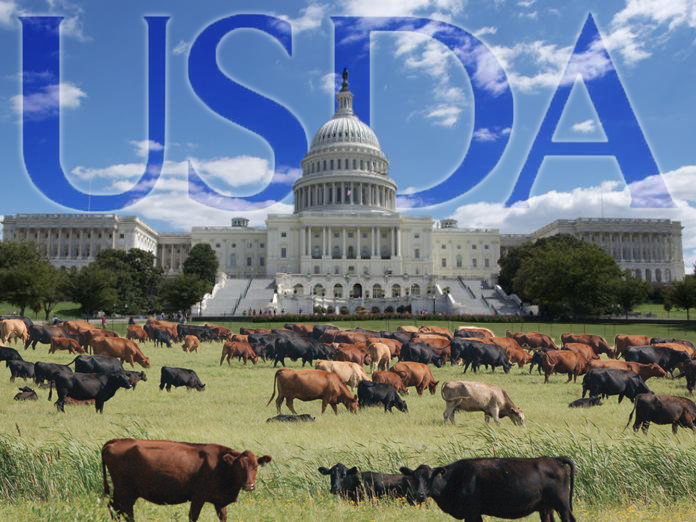Proposed Changes to Packers & Stockyards Act Rules Remain Flawed

The Meat Institute today submitted comments documenting the many flaws and costs of the latest proposed rules change to the Packers and Stockyards Act (PSA) by the Biden Administration
In the proposed rule, the U.S. Department of Agriculture (USDA) attempts to circumvent Congress and the courts to reverse the longstanding legal standard that a plaintiff must demonstrate harm to competition to sue and win under the Packers and Stockyards Act Section 202(a) or (b).
“This position was wrong before and is wrong now,” said Mark Dopp, Chief Operating Officer and General Counsel of the Meat Institute.
In addition to documenting the legal precedent and the intent of Congress, the Meat Institute’s comments show how the proposed rule violates the Constitution and the Administrative Procedure Act because of its breadth and vagueness.
“Changing the harm to competition standard requires Congressional action and that fact is highlighted by the Supreme Court’s decision in West Virginia v. EPA,” said Dopp. “In addition, the proposal includes standards so vague that, if adopted, it would be impossible for a regulated entity to know how to comply.”
The comments include a repudiation of USDA’s inadequate economic analysis given the agency had two years to conduct one. “AMS seems to think the fact that conducting an analysis is hard means the agency need not do one. AMS is certainly correct when it said, ‘Applying a quantified dollar value to the improvement would be a difficult task.’”
“The inefficiencies and litigation that will result from implementing the proposal will increase the costs of domestic beef, pork, and poultry production,” said Dopp. “Such a result would harm American consumers who would pay more for meat, and it would harm domestic livestock producers, poultry growers, packers, and dealers by decreasing demand for domestic products and hurting exports.”
In fact, Dopp says, USDA simply decided not to even try to estimate the almost certain litigation costs regulated entities will incur if the proposal becomes a final rule.
Dopp concludes his comments with the reminder that increased litigation costs are not only the likely result of the rule, but they are part of the Administration’s desired outcome.
“Assistant Attorney General for Antitrust Jonathon Kanter captured it best at the Center for American Progress event at which the rule was unveiled when he said he hopes plaintiffs ‘will bring a PSA case, or two, or 20.’”
For more on the Packer and Stockyards Act proposed rules changes see:
FACT SHEET: Packers and Stockyards Act “Harm to Competition” Legal Analysis












